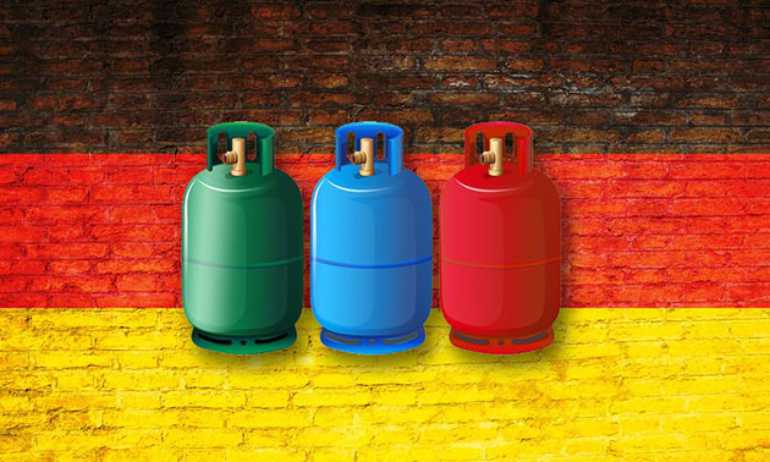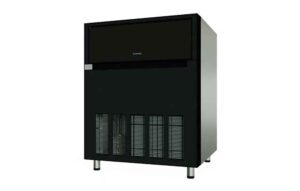German F-gas changes “absurd and unlawful”
19th November 2025
GERMANY: Industry organisations in Germany have described certain proposed changes to the country’s forthcoming Chemicals Act as “absurd and unlawful” in the fight against illegal refrigerants.
A joint statement issued by the contractors group, VDKF, and the German federal guild, BIV, calls for stronger measures against the illegal trade in refrigerants and changes to the proposals. While the illegal trade can only be estimated, the groups consider that it could be of a similar magnitude to the legal trade.
The amendment to the European F-gas regulation requires a revision of the German Chemicals Act (ChemG), the national enforcement mechanism. The federal cabinet has already initiated the amendment to the ChemG and it will now be debated in the federal council next month.
The joint statement, which is also supported by the Federal Vocational School for Refrigeration and Air Conditioning Technology (BFS), is calling for an increase in the maximum sentence for breaches of the regulation. The groups also argue that certain proposed changes in ChemG would make it easier for bad actors to exploit the refrigerant trade.
The revised ChemG proposes the deletion of a paragraph, which the groups say would eliminate the current prohibition on acquiring illegally placed products and equipment. Currently, all companies and individuals in the refrigerant supply chain must be able to demonstrate that they are using legally traded F-gases within the legally permitted quota. The proposed amendment would eliminate the obligation for end customers to provide this proof.
A newly created paragraph in ChemG would also allow seized illegal F-gas to be resold, an action which the groups describe as an absurd and unlawful legalisation of illegal goods.
There are also calls for an increase in the maximum sentence for those found guilty of reaching the F-gas regulations. The groups call for the current maximum sentence in Germany of two years should be increased in line with the European Environmental Crimes Directive. This would allow for an increase in the maximum sentence from two to five years’ imprisonment for the illegal trade in refrigerants – and even up to ten years in serious cases.







